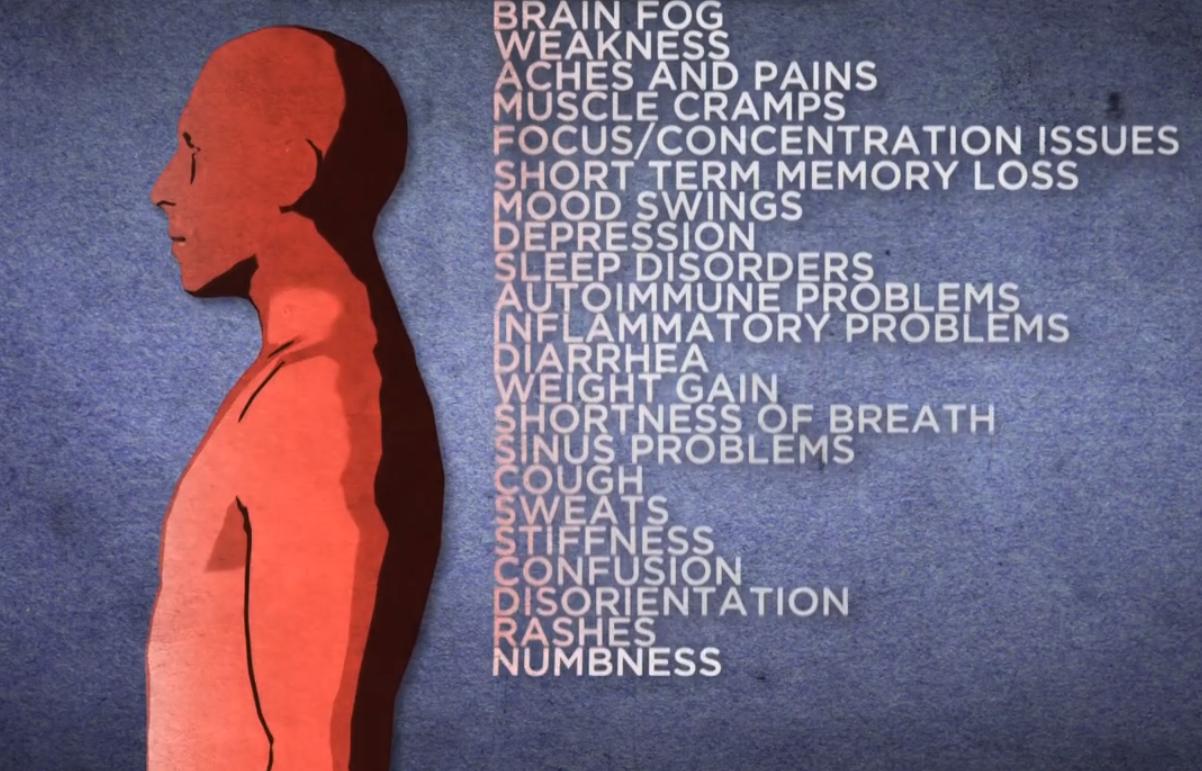

Memory, concentration or sleep problems.Other post-COVID syndrome signs and symptoms include: "The most important thing you can do as a patient is to share honestly with your providers what you're experiencing," says Dr. Schultz stresses that people should address any cognitive symptoms that affect their day-to-day life, regardless of whether those symptoms are related to long COVID-19.

'I want you to try to utilize these strategies in your day-to-day life.' Because, ultimately, that's what decides if they're working."ĭr. "Typically, it means going into work with a therapist initially once or twice over the course of a month. While there's no one-size-fits-all treatment that can cure these cognitive difficulties, some rehabilitation strategies can retrain the brain to work on the areas that are most challenging. You don't feel like you're picking up all of those details - almost as if you're driving through a fog," says Dr. "'Brain fog' is just kind of this feeling that you're trying to do something, and it's taking more effort. Short-term memory loss, confusion and difficulty concentrating are all things those suffering from "brain fog" may experience after recovering from COVID-19 infection. While "brain fog" is not a medical condition, it's a term used for certain symptoms that can affect one's ability to think.īillie Schultz, M.D., a Mayo Clinic physical medicine and rehabilitation expert, discusses what can be done to help patients experiencing "brain fog." "Brain fog" has been used to describe some of these symptoms. Sometimes, symptoms of long COVID-19 can include cognitive difficulties.

Long COVID-19, also known as post-COVID syndrome, involves a wide range of health problems that occur many weeks, months and years after recovering from COVID-19 infection.


 0 kommentar(er)
0 kommentar(er)
